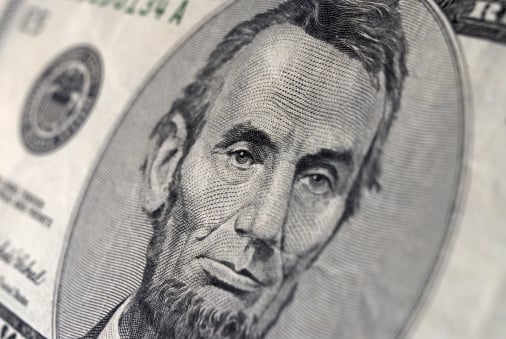America may have recovered handily from the Great Recession, and the bull market may now be five years old, but in no way should America think that it is remotely immune or even insulated from the next economic shock. It remains a fact that Americans just have too small a nest egg in savings — many with little or no savings and investments whatsoever. Source: Thinkstock
Source: Thinkstock
A report from the Employee Benefit Research Institute (EBRI), which is collected on employees who participate or have the option to participate in retirement plans, says they just are not doing enough. Many metrics of the population as a whole have improved, but a whopping 36% of workers said they have less than $1,000 in savings. That figure was 28% in 2013.
To show how there is a huge split, the title of the EBRI’s 2014 Retirement Confidence Survey is even “Confidence Rebounds — for Those With Retirement Plans.”
It turns out that if a worker or his or her spouse have no retirement plan — an IRA, 401(k) or the like — then they are at an exponentially higher risk of falling into the no-savings category. That would be 73%, likely versus only 11% if they did have a retirement program.
The EBRI further went on to show that of the households with less than $35,000 income per year, some 68% have savings of less than $1,000.
Here is where the real shocker is: even further up the scale. Of all participants who have saved for retirement, some 38% of workers in a plan reported having savings of less than $25,000.
Some additional factoids are as follows:
- Some 58% of workers and 44% of retirees report having a problem with their level of debt.
- Overall retirement confidence is atrocious, even after improving: 18% are now very confident, up from 13% in 2013; 37% are somewhat confident; and 24% are not at all confident, versus 28% in 2013.
Here is why retirement planning (and savings) is so important: 90% of workers participating in a retirement plan had saved for retirement, while only one in five workers without a retirement plan managed to save for retirement.
The reason for not saving is universally cited, with 53% of workers citing this: the cost of living and day-to-day expenses.
So if the majority in the lower income brackets have less than $1,000 in savings, what will happen to them in the next recession or economic shock?
Sponsored: Want to Retire Early? Here’s a Great First Step
Want retirement to come a few years earlier than you’d planned? Or are you ready to retire now, but want an extra set of eyes on your finances?
Now you can speak with up to 3 financial experts in your area for FREE. By simply clicking here you can begin to match with financial professionals who can help you build your plan to retire early. And the best part? The first conversation with them is free.
Click here to match with up to 3 financial pros who would be excited to help you make financial decisions.
Thank you for reading! Have some feedback for us?
Contact the 24/7 Wall St. editorial team.



